
The 1911 New Zealand general election was held on Thursday, 7 and 14 December in the general electorates, and on Tuesday, 19 December in the Māori electorates to elect a total of 80 MPs to the 18th session of the New Zealand Parliament. A total number of 590,042 (83.5%) voters turned out to vote. In two seats there was only one candidate.
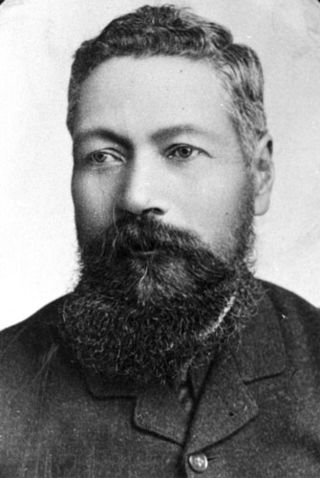
Tame Parata, also known as Thomas Pratt, was a Māori and a Liberal Party Member of Parliament in New Zealand.
Egmont is a former New Zealand electorate, in south Taranaki. It existed from 1871 to 1978.
Waikouaiti was a parliamentary electorate in the Otago region of New Zealand, from 1866 to 1908.

Ewen William Alison was a conservative politician who sat in both the House of Representatives (1902–1908) and the Legislative Council (1918–1932) of New Zealand.
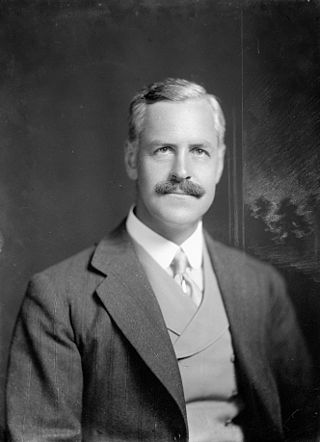
Vernon Herbert Reed was a Liberal Party and from 1912 a Reform Party member of parliament in New Zealand. He was later a member of the Legislative Council.
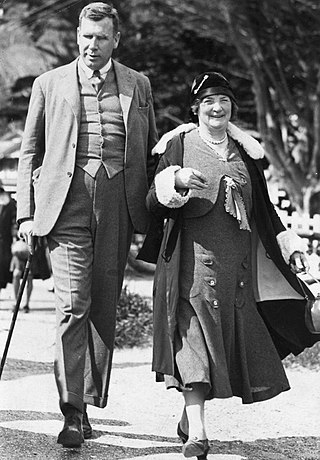
Sir Clutha Nantes Mackenzie was a New Zealand politician and worker for the blind. He was briefly a Reform Party Member of Parliament.

The 11th New Zealand Parliament was a term of the Parliament of New Zealand.
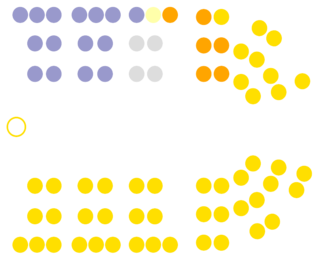
The 12th New Zealand Parliament was a term of the New Zealand Parliament. It was elected at the 1893 general election in November and December of that year.

The 13th New Zealand Parliament was a term of the New Zealand Parliament. It was elected at the 1896 general election in December of that year.

The 14th New Zealand Parliament was a term of the New Zealand Parliament. It was elected at the 1899 general election in December of that year.

The 15th New Zealand Parliament was a term of the New Zealand Parliament. It was elected at the 1902 general election in November and December of that year.

The 16th New Zealand Parliament was a term of the New Zealand Parliament. It was elected at the 1905 general election in December of that year.

The 17th New Zealand Parliament was a term of the New Zealand Parliament. It was elected at the 1908 general election in November and December of that year.
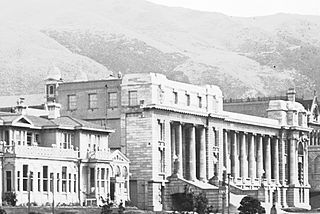
The 20th New Zealand Parliament was a term of the New Zealand Parliament. It was elected at the 1919 general election in December of that year.

The 21st New Zealand Parliament was a term of the New Zealand Parliament. It was elected at the 1922 general election in December of that year.

The 23rd New Zealand Parliament was a term of the New Zealand Parliament. It was elected at the 1928 general election in November of that year.

The 27th New Zealand Parliament was a term of the New Zealand Parliament. It was elected at the 1943 general election in September of that year.

The 28th New Zealand Parliament was a term of the New Zealand Parliament. It was elected at the 1946 general election in November of that year.

The 26th New Zealand Parliament was a term of the New Zealand Parliament. It was elected at the 1938 general election in October of that year.












